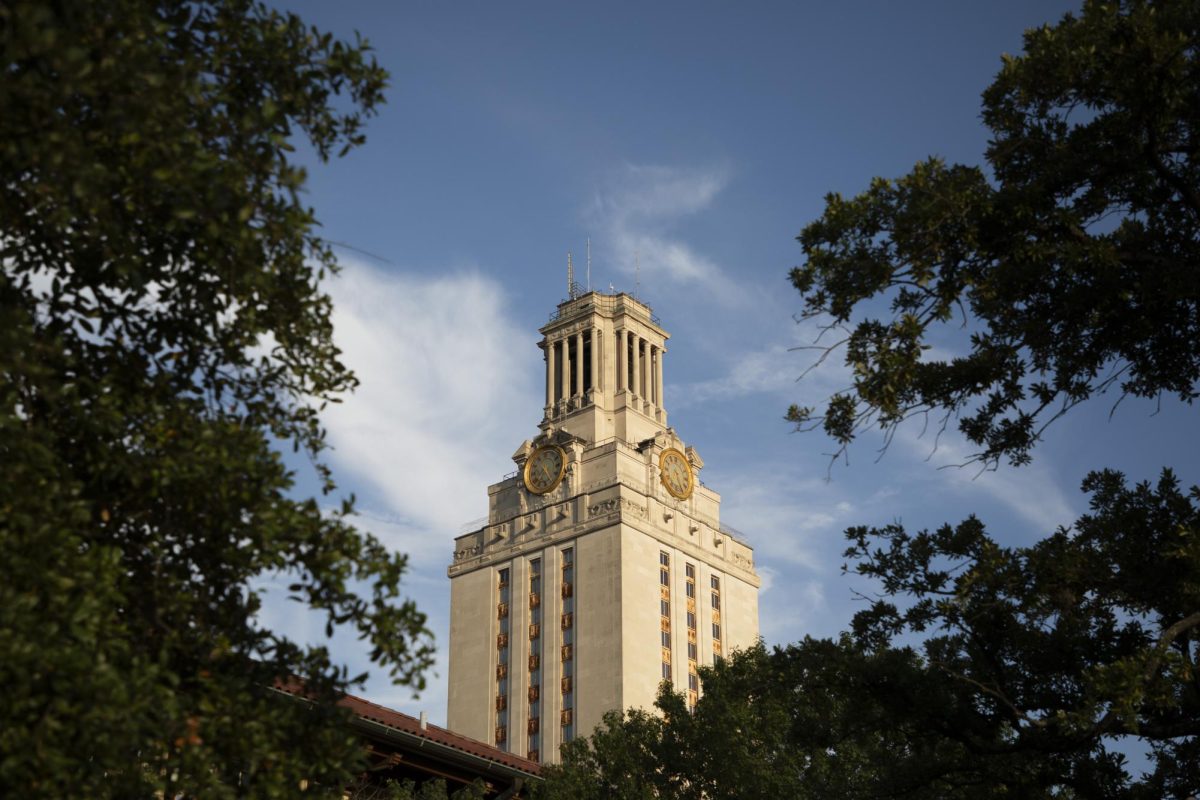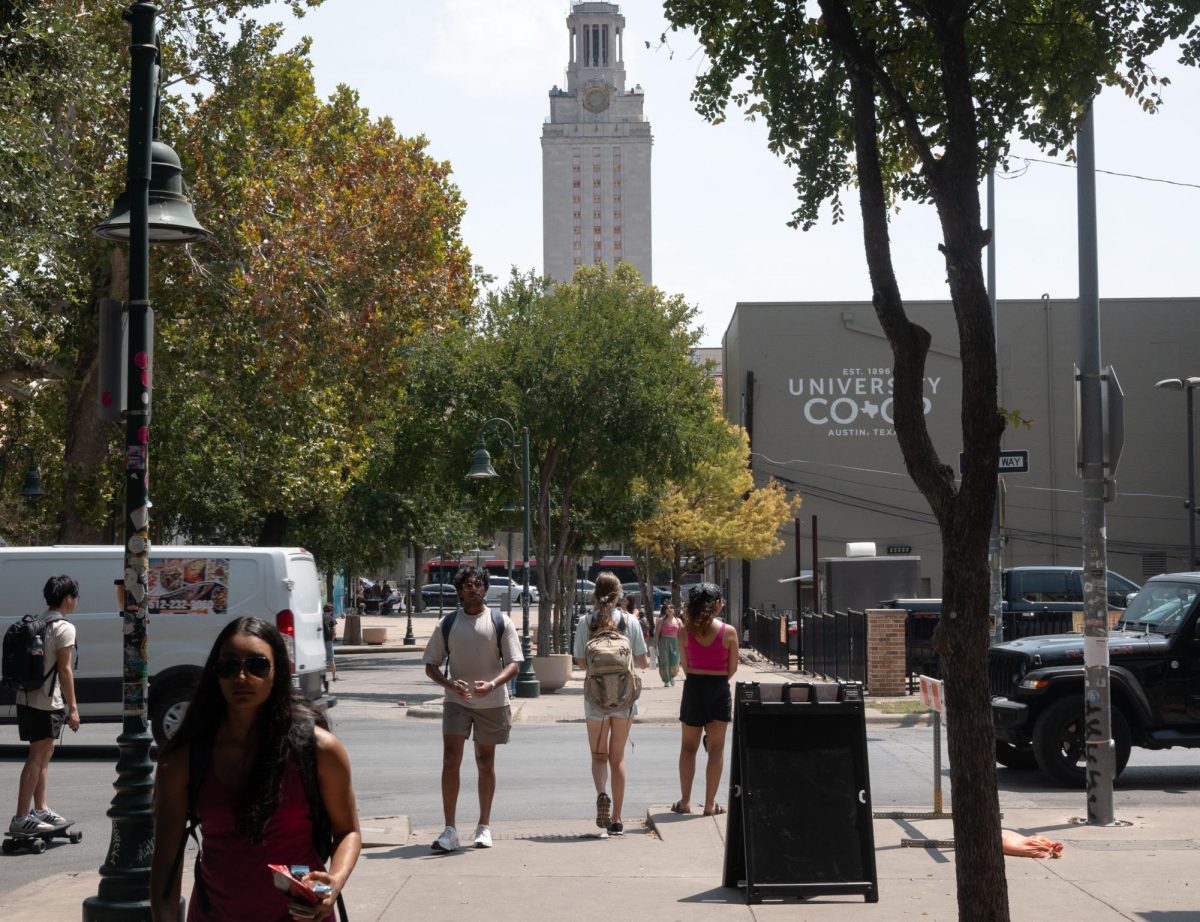UT recently rejected a donation from a foundation involved with the Chinese Communist Party.
Following an internal review and a request from Sen. Ted Cruz, R-Texas, UT President Gregory Fenves declined the funding that was meant to support the LBJ School’s new China Policy Center. The center was announced last June and formally established in August for the purpose of studying U.S.-China and Texas-China relations.
David Firestein, executive director of the center, proposed the funding from the China-United States Exchange Foundation. As a former Foreign Service officer for the U.S. State Department, Firestein had worked with CUSEF before, according to the Washington Post.
Cruz warned in a letter on Jan. 2 to Fenves and UT System Chancellor William McRaven that accepting the money from the CUSEF could hurt the University’s reputation and bolster Chinese propaganda.
“Operating as a pseudo-philanthropic foundation, CUSEF’s ties to the Chinese Communist Party are an issue of grave concern,” Cruz wrote.
Cruz went on to describe the “insidious” nature of the CCP’s attempts to influence foreign countries through efforts such as CUSEF’s.
“Given reports that the Center is considering a partnership with CUSEF, an affiliate of the (People’s Republic of China), I express concern over the potential for Chinese Governmental Access to UT-Austin’s education system, which may lead to undue foreign influence and exploitation,” Cruz wrote.
Fenves said several professors raised concerns about the source of the funding and connections between CUSEF’s leader Tung Chee Hwa and the Communist Party, according to a letter sent from Fenves to Cruz on Friday.
Fenves told Cruz that the University would not accept any “programmatic funding” from CUSEF, nor would it accept any funds for travel, student exchanges or other initiatives from the foundation. While “external support is vital” to faculty and researchers, the possible harms of accepting CUSEF’s funding were too risky. Fenves said this decision had been made prior to receiving Cruz’s letter expressing concern over the funding.
“We must, however, also ensure that the receipt of outside funding does not create potential conflicts of interest or place limits on academic freedom and the robust exchange of ideas,” Fenves wrote. “I am concerned about this if we were to accept funding from CUSEF.”
Gary Susswein, chief communications officer for Fenves, said the University would seek other sources of funding for the China Policy Center.
“The China Public Policy Center is up and running, and UT is committed to doing serious scholarship surrounding the study of China,” Susswein said.
Editor's note: A previous version of this article did not mention that David Firestein proposed the funding.




















